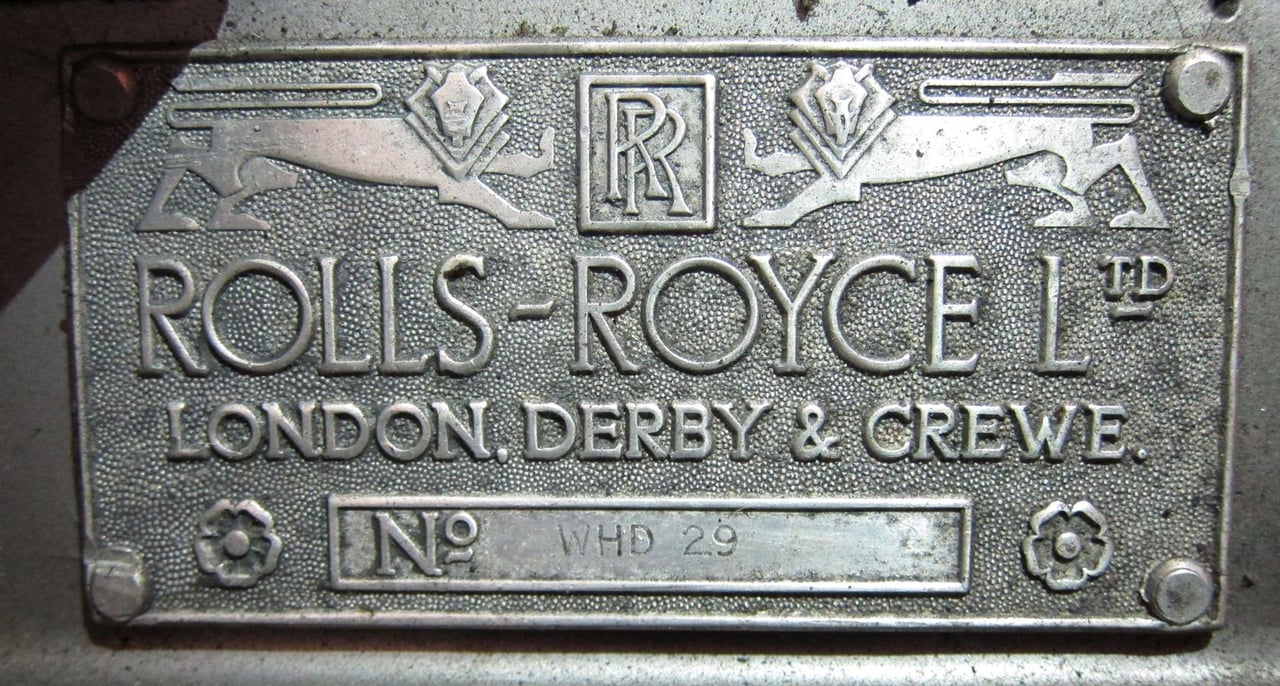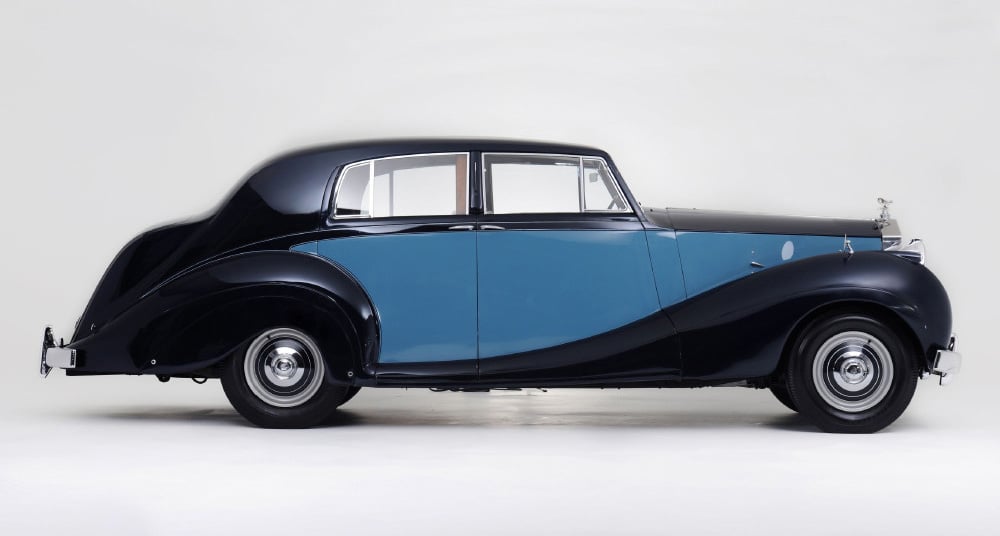Not only was the Silver Wraith the first Rolls to be produced following the end of WWII, it was also the last model offered solely in ‘chassis-only’ form to leave the factory – although sister brand Bentley offered a factory-bodied comparable in the form of the Mark VI Standard Steel Saloon.

Overseeing a transition
By the time the Roll-Royce’s impressive 13-year lifespan had wound to a close in 1959, unibody construction was becoming the industry norm. The Silver Wraith, while retaining outsourced bodywork, had been mechanically revised several times over this period: both the chassis and inline-six engine were essentially updated versions of the pre-War Wraith, and grew in length and capacity respectively during the car’s life cycle.
Placed on top of these rolling chassis were coachbuilt bodies from the likes of H.J. Mulliner, Park Ward, Hooper and James Young. For many years (more than 100, in fact, if you include horse-drawn creations), the latter had specialised in producing elegant carriages, and its post-War activities saw its traditional coachbuilding techniques married to then-modern assembly technology. Despite this, James Young’s Silver Wraith bodies remained quite upright and formal in comparison to some of the more exotic offerings from other coachbuilders – Franay’s sweeping Drophead Coupés serving as good examples of the contrast.

An important landmark
James Young’s more restrained handiwork was arguably better-suited to the Silver Wraith’s character: it was often praised for its touring abilities, but rarely for its measurable performance. However, regardless of which body style was ultimately chosen by the buyer, the Silver Wraith remains an important landmark in the world-respected marque’s history.
Photos: Byron International















